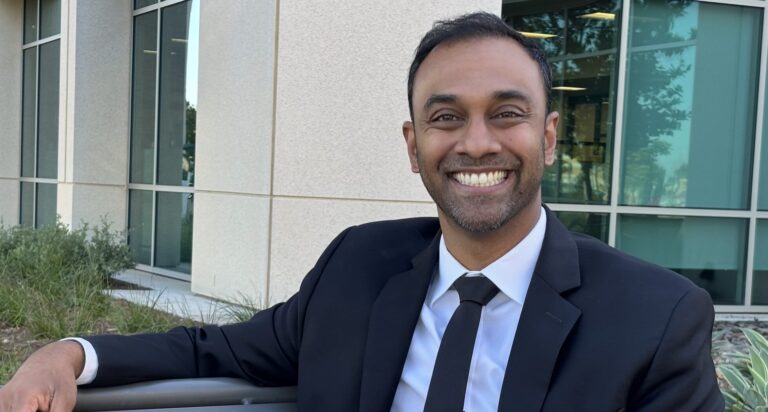An interview with a Licensed Therapist and Counselor
By Melanie Slone

We need to “destigmatize mental health, substance abuse,” Betty Lemos-Arellano, a licensed Marriage and Family Therapist and Licensed Clinical Professional Counselor, told North County Informador.
Lemos-Arellano explained that many people, especially Latinos, have placed a stigma on mental and behavioral health. “Sometimes there is a lot of shame. …If I go see a therapist, that means I’m crazy,” she said.
San Diego County is working to provide education so that people can get support in a way that fits them and their family situation. “There’s definitely a shift with Supervisor Nathan Fletcher. He’s definitely pushing more toward, let’s just stop treating people like they’re problematic and treat them like people who need help. And we’re all a community here to help,” said Lemos-Arellano.
She said some people are afraid that if they see a service provider, they will be reported to the authorities. “That’s not our job. We’re not investigators. You don’t have to be afraid. We’re not going to report you,” she explained.
She noted that many people simply fear that if they don’t say the right thing, they are going to get in trouble, which is not the case.
“We now have trauma-informed care, very much a strength-based way, a focused way of approaching all communities…to say, ‘you are in charge of your care. You are in charge of your treatment’,” she said. The idea is to empower people and give them a voice to understand and let go of stigma around mental health, she added.
Mental vs. behavioral health
Lemos-Arellano explained that behavioral health is a combination between substance abuse and mental health. In the past, a person was expected to treat a substance abuse problem before seeking mental health providers.
“We realized quickly that that’s foolish because a lot of people self-medicate. They do drugs because they are depressed or because they are trying to silence the voices in their head,” she said.
Today, there are programs that treat each issue separately, but a person with a substance abuse and mental health problem is given a dual diagnosis, suffering from co-occurring disorders, which she said is very common.
Domestic Violence and Homelessness
“There is definitely a direct correlation between mental health and domestic violence,” Lemos-Arellano told us. “Looking at statistics, …those that perpetually have housing insecurity, those folks tend to be mentally ill.”
The conditions tend to lead to different situations. “Homelessness has more psychotic disorders like schizophrenia, affective disorder, where there is psychosis involved, auditory and visual hallucinations, along with a mood disorder. And they’re unmedicated. Those types of diagnoses do require medications for stability and to function in a community,” she said.
Meanwhile, in domestic violence cases, “there’s depression—that’s a mental illness. There’s anxiety,” Lemos-Arellano noted.
She told us there is a good deal of ignorance in society about homelessness and domestic violence, “but there are also many programs that provide support to individuals to get them the help they need.”
No insurance or Papers
Even people with no insurance or documents can receive treatment. “The County of San Diego is very good at providing behavioral health treatment to everyone, regardless if you have insurance or not,” she said, or if you are undocumented. Many programs also help people apply for Medi-Cal, which provides health coverage at low or no cost.
If you or anyone you know is facing a mental health crisis, there are crisis stabilization units (called CSUs) for people who haven’t been taking their medication or who have never been prescribed medication and are having a breakdown. They may be harming themselves or others, and in these cases, there are places that can help. See our list of mental health services.
- Mental illness has steadily increased in frequency over the years.
- Social media plays a role in mental health.
- People have more financial stress.
- Depression and suicide rates have gone up.
Oscarin Ortega’s Mental Health Lived Experiences
When North County Informador talked to Oscarin Ortega about his nonprofit Lived Experiences, he underlined the importance of mental health in many people’s journey. “I want to talk about the brain, mental health, because I think there’s a big piece of understanding people like me… there’s a big piece of mental health,” he told us.
He said he suffered from ADHD and depression, which led to confusion and a feeling of being lost. When he became a father, he started studying mental health and learned how it is linked to trauma.
He has spent the last 23 years “trying to make people’s life easier,” he said. But he wants people to know that it’s not their fault if they have mental health or behavioral issues. He says it is important to ask for help, and that talking about mental health played a large role in his transition from community menace to community mentor.




